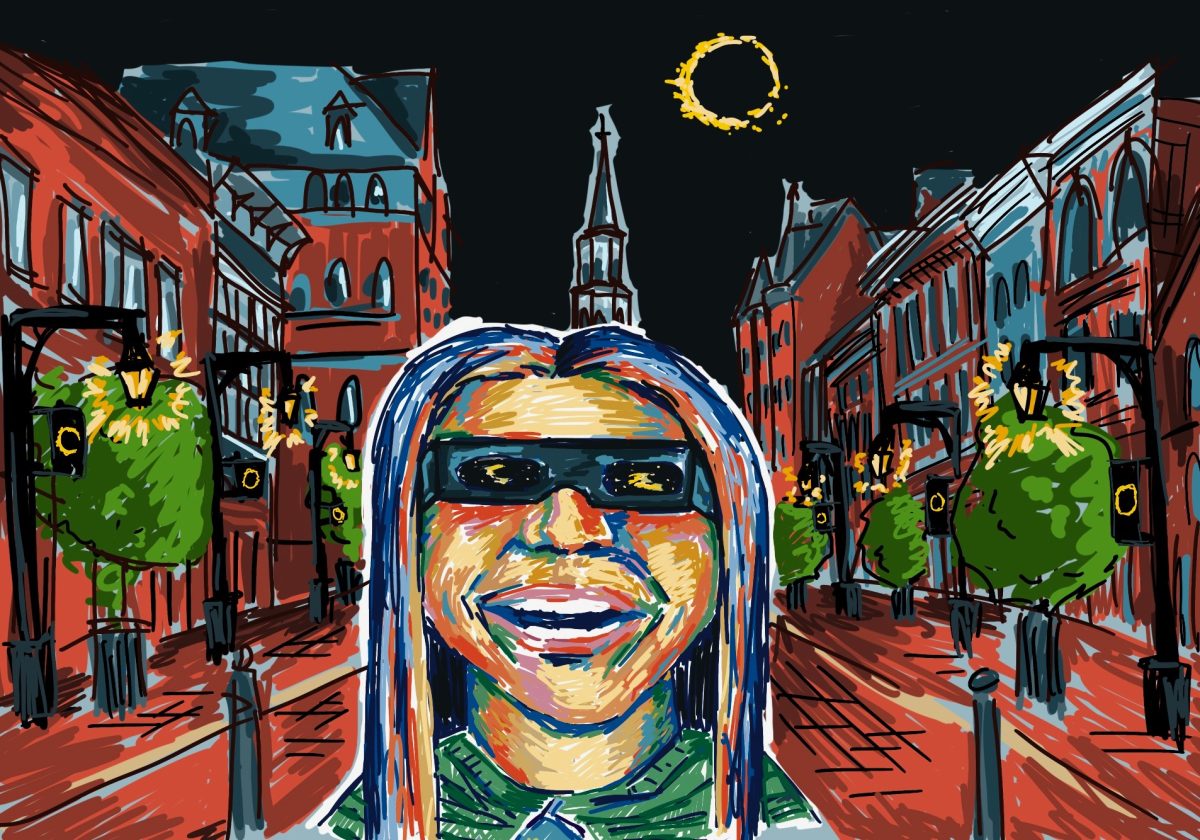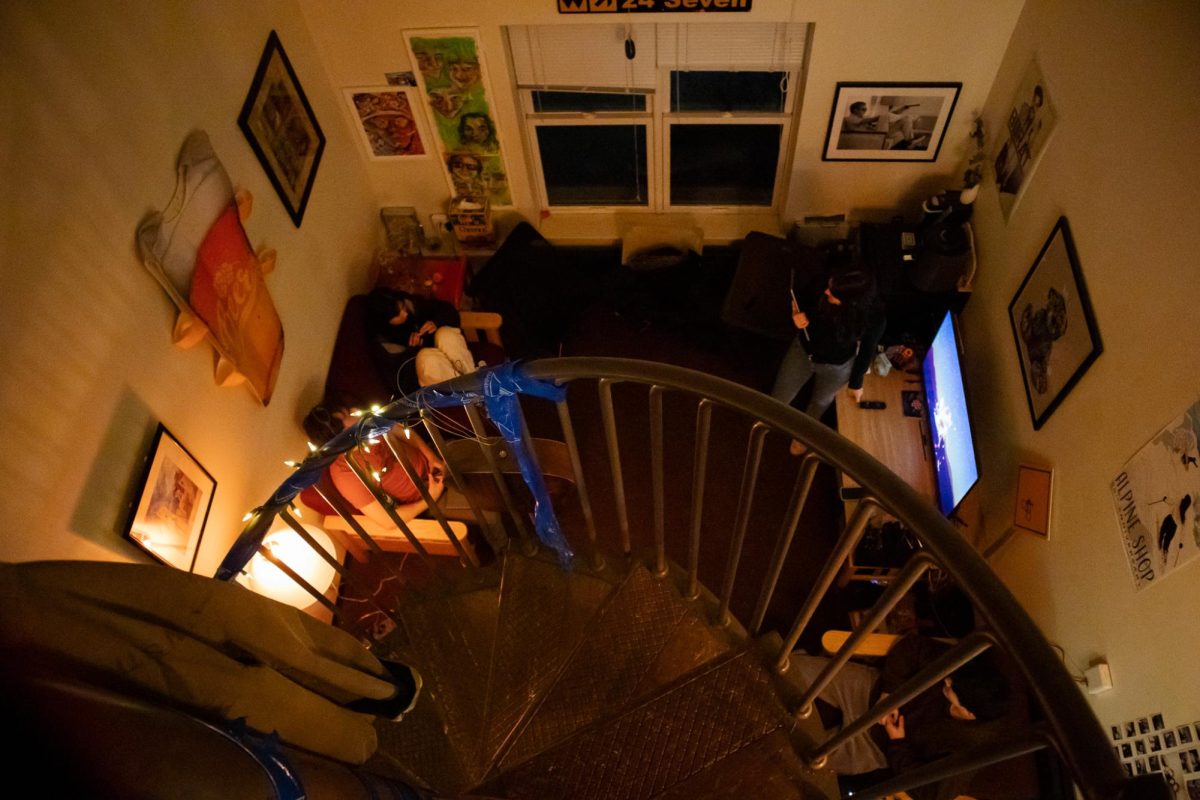Bees, Trees and Coffee Beans was a seminar organized at the Main Street Landing Film House on Feb. 5.
The seminar was sponsored by the local tree enthusiast club Branch Out Burlington and featured an appearance by Vt beekeeper Bill Mares who offered his ideas on utilizing both coffee farming and beekeeping to fight hunger.
Bill Mares’ interest in honey bees and coffee beans began about six or seven years ago, when he began traveling to Central America with a friend who worked for Green Mountain Coffee Roasters, Mares said.
“[The friend] would introduce me to some of these coffee farmers,” Mares said. “Because I had been a beekeeper, I got very interested in the bridge between coffee farming and beekeeping.”
While in Central America he learned a thing or two about the Latin American culture and way of life, Mares said.
Coffee farming is often the only source of income for many families in Mexico and Central America, he said. These families are paid once for their labor and often find themselves low on money for many months.
“There is a term for this in Latin America — mesos flacos — the thin months. Those are the months when they run out of the money from their coffee payments,” Mares said.
In response to this reality, the website Food4Farmers.org has partnered with numerous farms and cooperatives in Mexico and Central America.
Each cooperative that the organization works with helps about 200 to 300 people to balance the production of honey and coffee, he said. According to Mares, by teaching how to harness bees as a second source of income, families suffer less hardship from hunger.
Mares, who is a staff member at the site, said that the database is full of information and techniques for coffee farmers that can help these families create an extra source of income, Mares said.
Some keepers simply sell on the streets and some are well into the business side of sales, according to Mares. The highest market is for organic honey exports to the European Union. Mexico exports half of its honey to Germany, Mares said.
The growing database will continue to help farmers in Central America and Mexico tend to bees and coffee trees and provide twice as much income for the families, Mares said.
To learn more about the initiative, visit Food4Farmers.org.












